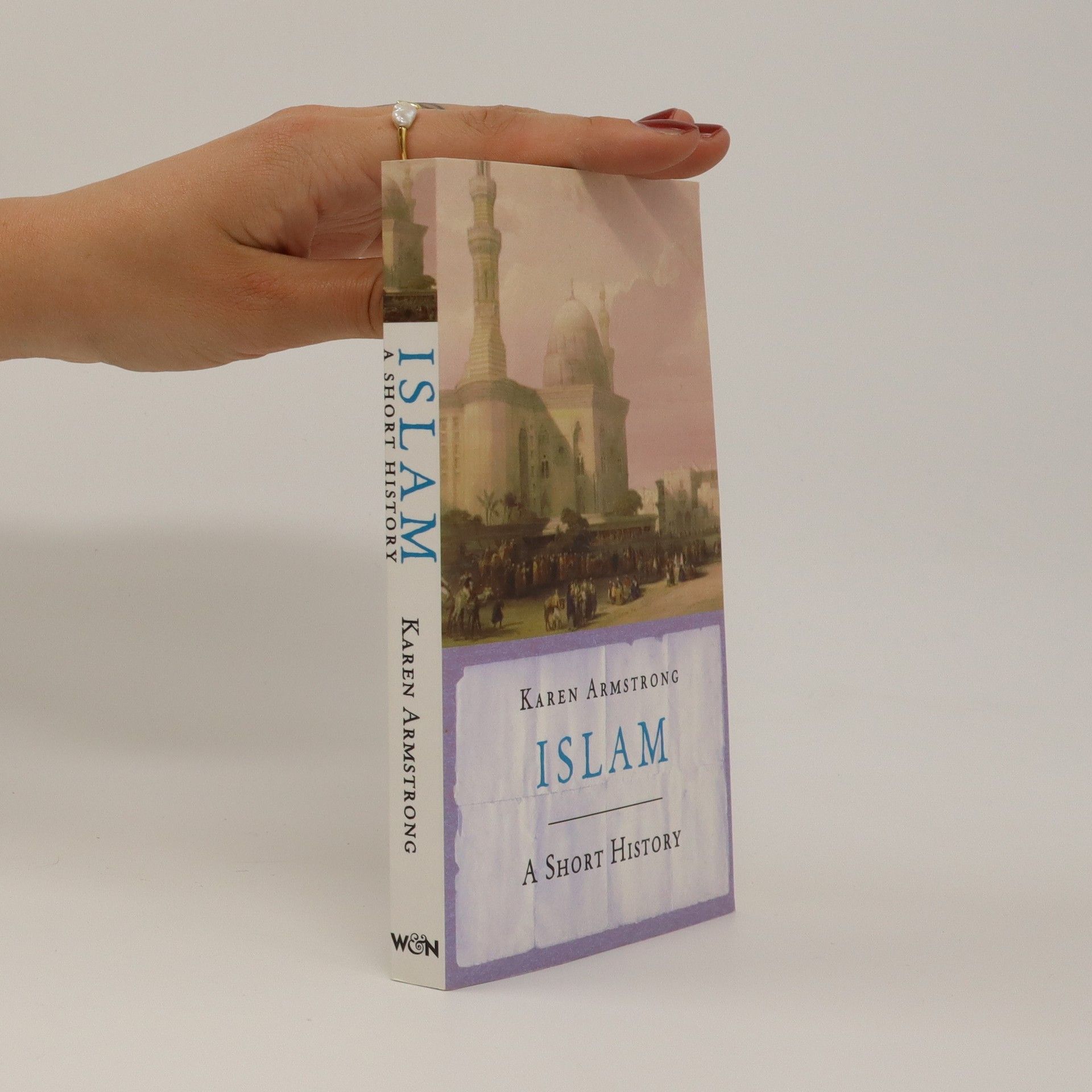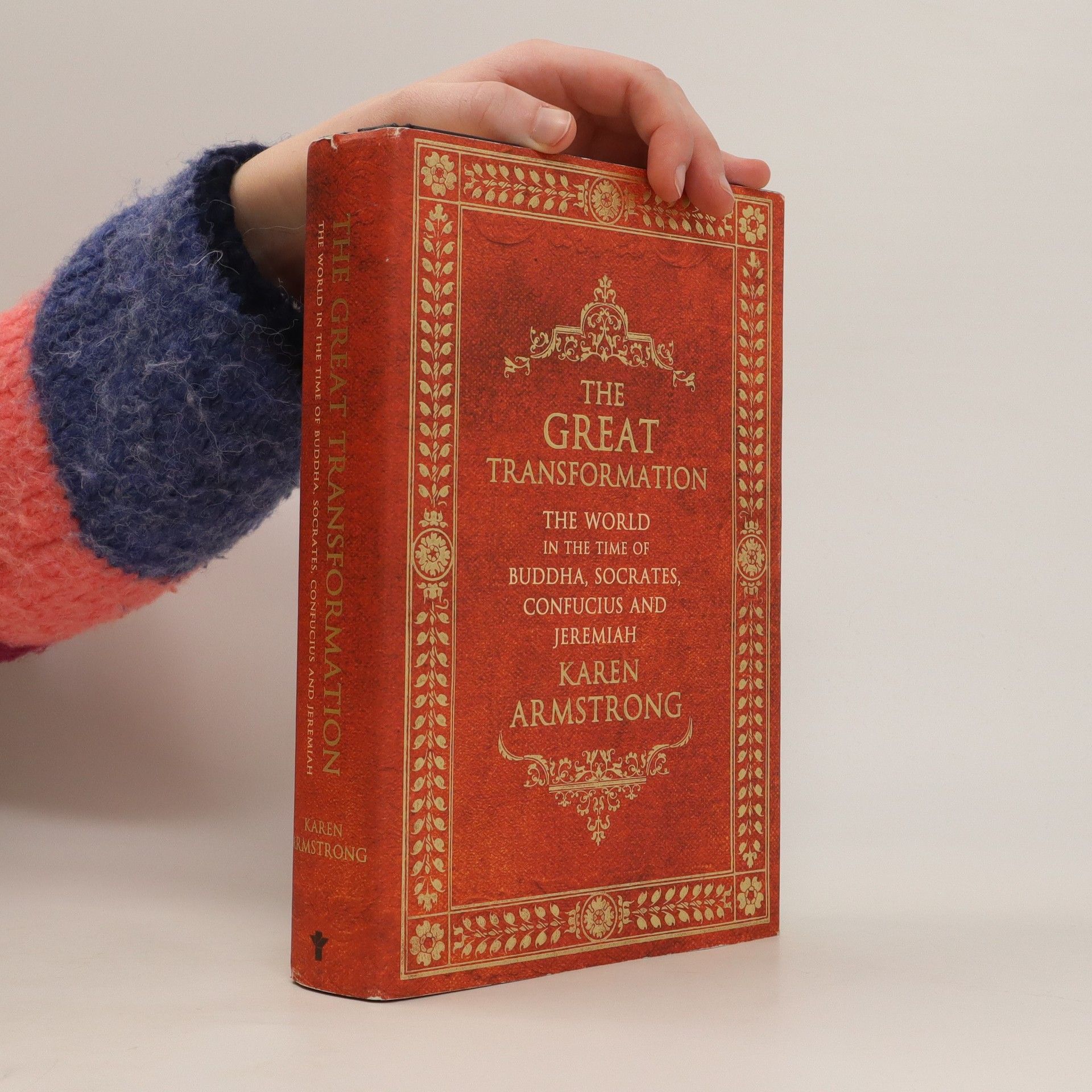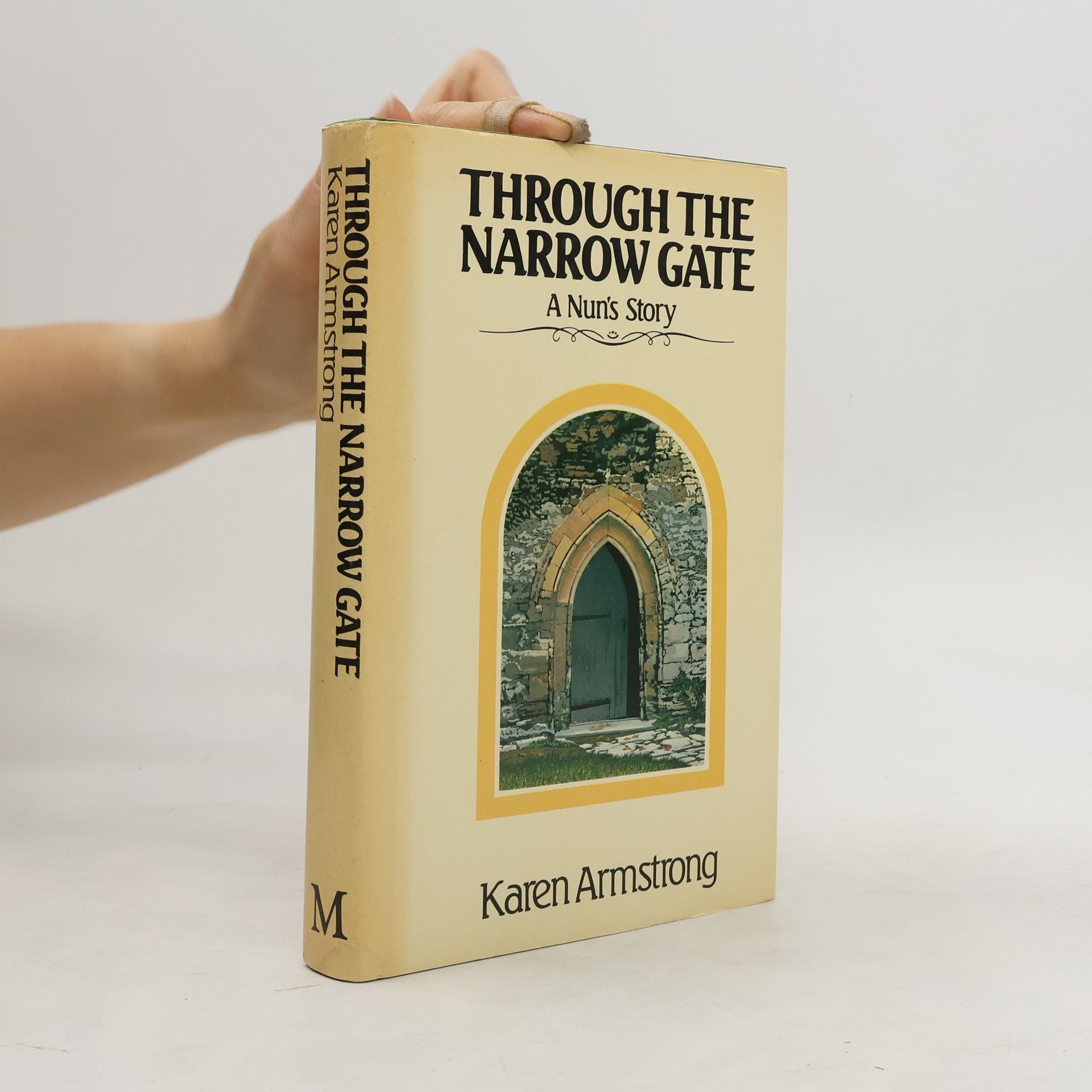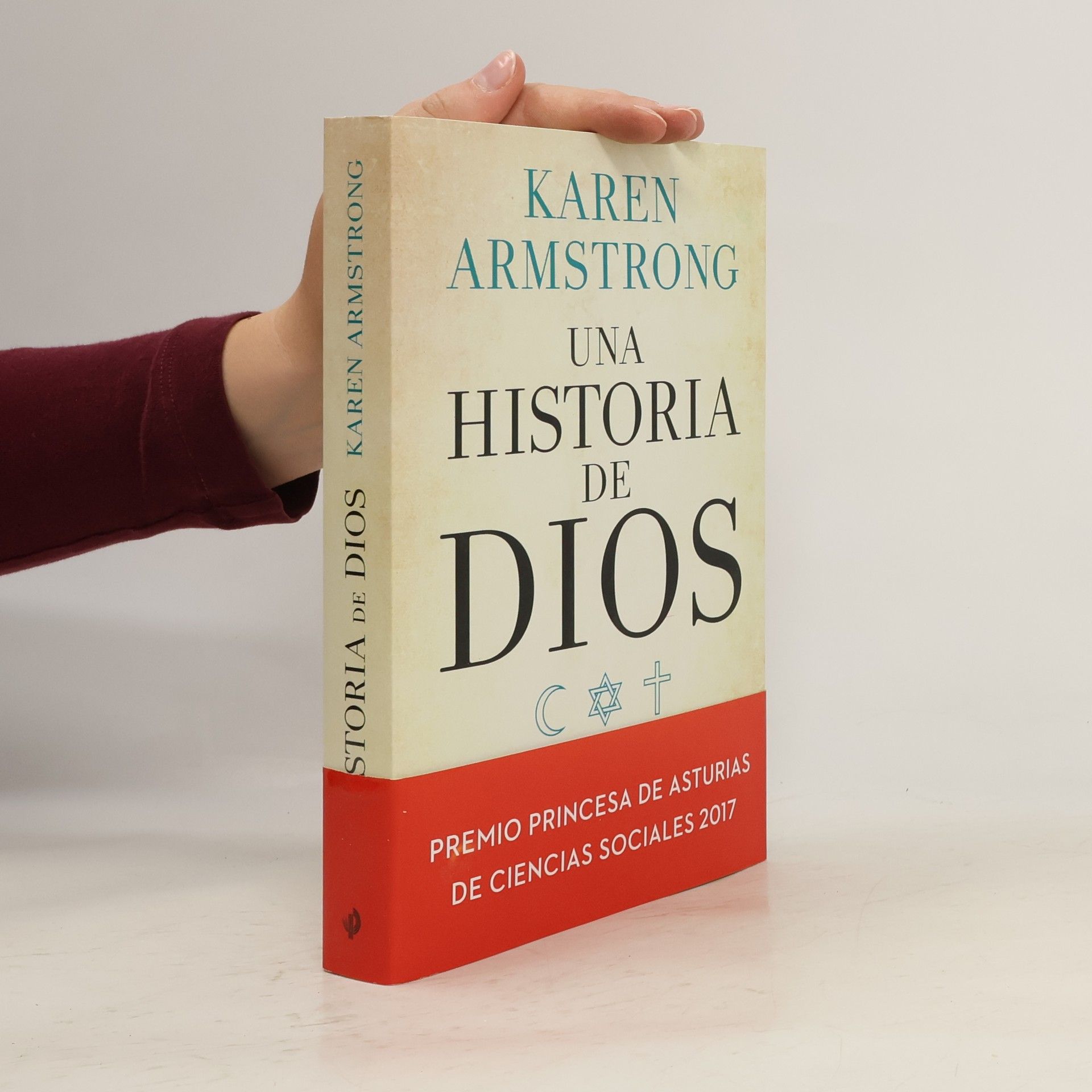Una historia de Dios
- 528 páginas
- 19 horas de lectura
Karen Armstrong es una erudita reconocida en religión comparada, cuyas extensas obras profundizan en la esencia de la fe y su trayectoria histórica. A través de análisis perspicaces, descubre las complejas relaciones entre las tradiciones religiosas y su impacto en las sociedades humanas. Armstrong se destaca por conectar conceptos teológicos con eventos contemporáneos, ofreciendo a los lectores una comprensión profunda de los paisajes espirituales del mundo. Su escritura es celebrada por su claridad y su capacidad para fomentar el diálogo a través de culturas y creencias.







Read and cherished by thousands all over the world since it was first published in 1981, Through the Narrow Gate takes the reader on a spiritual journey that began one September day in 1962 when Karen Armstrong said good-bye to her family at London's King's Cross station and journeyed on to the convent in Tripton to become a nun. Through the Narrow Gate is by turns a book of spiritual revelation and an intimate look at life inside the cloistered walls of the convent.
It is the most persistent myth of our time: religion is the cause of all violence. But history suggests otherwise. Karen Armstrong, former Roman Catholic nun and one of our foremost scholars of religion, speaks out to disprove the link between religion and bloodshed. * Religion is as old as humanity: Fields of Blood goes back to the Stone Age hunter-gatherers and traces religion through the centuries, from medieval crusaders to modern-day jihadists. * The West today has a warped concept of religion: we regard faith as a personal and private matter, but for most of history faith has informed peopleâe(tm)s entire outlook on life, and often been inseparable from politics. * Humans undoubtedly have a natural propensity for aggression: the founders of the largest religions âe" Jesus, Buddha, the rabbis of early Judaism, the prophet Muhammad âe" aimed to curb violence and build a more peaceful and just society, but with our growing greed for money and wealth came collective violence and warfare. * With the arrival of the modern all-powerful, secular state humanityâe(tm)s destructive potential has begun to spiral out of control. Is humanity on the brink of destroying itself? Fields of Blood is a celebration of the ancient religious ideas and movements that have promoted peace and reconciliation across millennia of civilization.
St Paul is known throughout the world as the first Christian writer, authoring fourteen of the twenty-seven books in the New Testament. But as Karen Armstrong demonstrates in this book, he also exerted a more significant influence on the spread of Christianity throughout the world than any other figure in history. It was Paul who established the first Christian churches in Europe and Asia in the first century, Paul who transformed a minor sect into the largest religion produced by Western civilization, and Paul who advanced the revolutionary idea that Christ could serve as a model for the possibility of transcendence
The centuries between 800 and 300 BC saw an explosion of new religious concepts. But why did Socrates, Buddha, Confucius, Jeremiah, Lao Tzu and all others emerge in this 500 year span? Armstrong examines this period and the connections between this disparate group of philosophers, mystics, and theologians.
A Short History
One of the world's foremost commentators on religious affairs on the history (and destiny) of the world's most misunderstood religion. In the public mind, Islam is a religion of extremes: it is the world's fastest growing faith; more than three-quarters of the world's refugees are Islamic; it has produced government by authoritarian monarchies in Saudi Arabia and ultra-republicans in Iran. Whether we are reading about civil war in Algeria or Afghanistan, the struggle for the soul of Turkey, or political turmoil in Pakistan or Malaysia, the Islamic context permeates all these situations. Karen Armstrong's elegant and concise book traces how Islam grew from the other religions of the book, Judaism and Christianity; introduces us to the character of Muhammed; and demonstrates that for much of its history, the religion has been a force for enlightenment that promoted liberties for women and allowed the arts and sciences to flourish. ISLAM shows how this progressive legacy is today often set aside as the faith struggles to come to terms with the economic and political weakness of most of its believers and with the forces of modernity itself.
A raw, intensely personal memoir of spiritual exploration from one of the world's great commentators on religion.
'An amazingly wide-ranging book, showing that the world's religious texts can be a force for good today' John Barton, author of A History of the BibleIn our increasingly secular world, holy texts are at best seen as irrelevant, and at worst as an excuse to incite violence, hatred and division.
'Because 'God' is infinite, nobody can have the last word.' What is this thing, religion, which has supposedly been the cause of bloodshed and warring for centuries? What is 'God' and do we need 'Him' in our modern world? Karen Armstrong, bestselling author and one of the world's leading writers on religious affairs, has a refreshing and startling way of looking again at these questions. God is not a being to be 'believed in' as a child believes in Santa Claus; religion is not a story to be proven true or false, but a discipline akin to music or art that answers a deeply human need, and can teach us to discover new capacities of mind and heart
The 4000-Year Quest of Judaism, Christianity and Islam
Over 700,000 copies of the original hardcover and paperback editions of this stunningly popular book have been sold. Karen Armstrong's superbly readable exploration of how the three dominant monotheistic religions of the world—Judaism, Christianity, and Islam—have shaped and altered the conception of God is a tour de force. One of Britain's foremost commentators on religious affairs, Armstrong traces the history of how men and women have perceived and experienced God, from the time of Abraham to the present. From classical philosophy and medieval mysticism to the Reformation, the Enlightenment, and the modern age of skepticism, Armstrong performs the near miracle of distilling the intellectual history of monotheism into one compelling volume.